Workers’ Compensation FAQ
—
What Is Workers’ Compensation?
Workers’ compensation is a no-fault insurance program that protects employees who suffer work-related injury or illness. Namely, injured workers are entitled to medical care at the employer’s expense and disability benefits (wage replacement) until they are able to return to work. The state of New York, like all states, has its own laws defining your rights, benefits and procedures under workers’ compensation.
In exchange for providing workers’ comp benefits without regard to fault, workers’ compensation provides employers with immunity from lawsuits. With some exceptions, you cannot sue your employer, supervisor or co-worker even if their negligence caused your injury or exposure. You may retain the right to sue third parties who are not in your chain of employment, such as a property owner, utility company or equipment manufacturer.
Who Pays Workers’ Compensation Benefits?
In most states, employers are required to purchase insurance for their employees from a workers’ compensation insurance company (also called an insurance carrier). In some states, however, very small companies (with fewer than three or four employees) are not required to carry workers’ compensation insurance. In some states, larger employers who are clearly financially stable are allowed to act as their own workers’ compensation insurance companies (also called self-insuring).
When a worker is injured, his or her claim is filed with the insurance company – or self-insuring employer – who pays medical and disability benefits according to a state-approved formula.
Are All On-The-Job Injuries Covered By Workers’ Compensation?
You are generally covered by workers’ comp for any job-related injury or illness, even if your own carelessness contributed to a workplace accident or exposure. However, there are limits to the employer’s liability. You might be denied workers’ compensation benefits if your injuries stem from:
- Intoxication or drug use while on duty
- Commission of a criminal act
- Violating safety rules or other company policy
- Self-inflicted harm such as fighting or horseplay at work
- Off-duty activities
Every situation is unique. Contact a lawyer if you think your conduct might disqualify you for benefits.
Does Workers’ Compensation Cover Only Injuries Or Does It Also Cover Long-Term Problems And Illnesses?
Worker’s comp is not limited to workplace accidents or a specific incident. It includes repetitive stress injuries, such as carpal tunnel syndrome, back problems, or knee and shoulder injuries caused by overuse. Workers’ compensation also covers occupational illness, which might include hearing damage or toxic exposure to chemicals, as well as medical conditions caused by stressful working conditions, such as heart failure or digestive problems. The key is being able to establish that the injury or ailment is work-related.
Do I Have To Be Injured At My Workplace To Be Covered By Workers’ Compensation?
No. As long as your injury is job-related, it’s covered. For example, you will be covered if you are injured while traveling on business, doing a work-related errand, or even attending a required business-related social function.
What Kind Of Benefits Will I Receive?
The workers’ compensation system provides replacement income, medical expenses and sometimes vocational rehabilitation benefits – that is, on-the-job training, schooling or job placement assistance. The benefits paid through workers’ compensation, however, are almost always relatively modest.
If you become temporarily unable to work, you’ll usually receive two-thirds of your average wage up to a fixed ceiling. But because these payments are tax-free, if you received decent wages prior to your injury, you’ll fare reasonably well in most states. You will be eligible for these wage-loss replacement benefits as soon as you’ve lost a few days of work because of an injury or illness that is covered by workers’ compensation.
If you become permanently unable to do the work you were doing prior to the injury, or unable to do any work at all, you may be eligible to receive long-term or lump-sum benefits. The amount of the payment will depend on the nature and extent of your injuries. If you anticipate a permanent work disability, contact your local workers’ compensation office as soon as possible; these benefits are rather complex and may take a while to process.
Can I Be Treated By My Own Doctor And, If Not, Can I Trust A Doctor Provided By My Employer?
In some states, you have a right to see your own doctor if you make this request in writing before the injury occurs. More typically, however, injured workers are referred to a doctor recruited and paid for by their employers.
Your doctor’s report will have a big impact on the benefits you receive. Keep in mind that a doctor paid for by your employer’s insurance company is not your friend. The desire to get future business from your employer or the insurance company may motivate a doctor to minimize the seriousness of your injury or to identify it as a preexisting condition. For example, if you injure your back and the doctor asks you if you have ever had back problems before, it would be unwise to treat the doctor to a 20-year history of every time you suffered a minor pain or ache. Just say “no” unless you really have suffered a significant previous injury or chronic condition.
If I Am Initially Treated By An Insurance Company Doctor, Do I Have A Right To See My Own Doctor At Some Point?
State workers’ compensation systems establish technical and often tricky rules in this area. Often, you have the right to ask for another doctor at the insurance company’s expense if you clearly state that you don’t like the one the insurance company provides, although there is sometimes a waiting period before you can get a second doctor. Also, if your injury is serious, you usually have the right to a second opinion. And in some states, after you are treated by an insurance company’s doctor for a certain period (90 days is typical), you may have the automatic right to transfer your treatment to your own doctor or health plan, while the worker’s compensation insurance company continues to pay the bill. Because the insurance company is paying, don’t hesitate to go to a doctor who specializes in your injury or illness – even if the cost is great.
To understand your rights, get a copy of your state’s rules or, if necessary, research your state workers’ compensation laws and regulations in the law library.
Can I Ever Sue My Employer In Court Over A Work-Related Injury?
Yes. If you are injured because of some reckless or intentional action on the part of your employer, you can bypass the workers’ compensation system and sue your employer in court for a full range of damages, including punitive damages, pain and suffering, and mental anguish.
What If My Employer Tells Me Not To File A Workers’ Compensation Claim Or Threatens To Fire Me If I Do?
In most states, it is a violation of the workers’ compensation laws to retaliate against an employee for filing a workers’ compensation claim. If this happens, immediately report it to your local workers’ compensation office.


